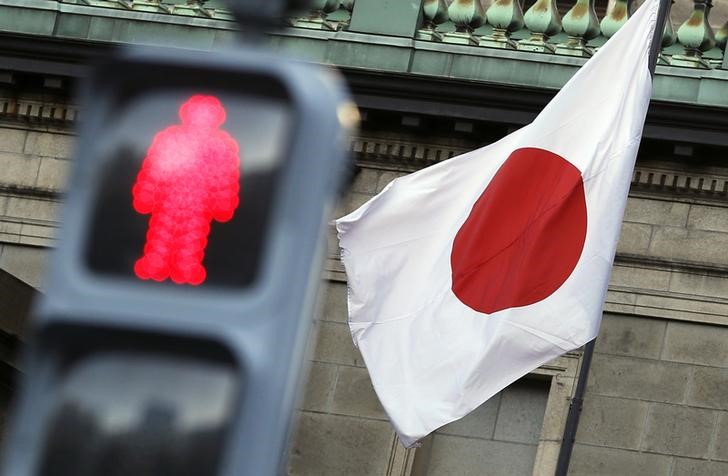Tokyo CPI inflation rises more than expected to 40-year high in Dec

.
USD/JPY
+0.04%
Add to/Remove from Watchlist
Add to Watchlist
Add Position
Position added successfully to:
+ Add another position
Close
By Ambar Warrick
Investing.com– Consumer inflation in Japan’s capital rose more than expected in December, data showed on Tuesday, pointing to a similar increase in nationwide price pressures as the country struggles with high raw material costs and a weakened yen.
The Tokyo core consumer price index (CPI) rose 4% in December, more than expectations for annual growth of 3.8% and last month’s reading of 3.6%. The reading was at its highest level since mid 1982, according to readings from the Statistics Bureau.
Overall inflation in Tokyo rose 4% in December, compared to last month’s reading of 3.8%. The figure was also at its highest level in 40 years.
Inflation in Japan’s capital- the biggest city in the country- usually acts as a bellwether for broader inflation trends, with the latest reading showing that price pressures are far from coming within the Bank of Japan’s 2% annual target. Nationwide inflation also surged to a 40-year high in November, and is expected to trend higher in the coming months.
Japan faced a massive spike in inflation through 2022, driven largely by a sharp depreciation in the yen as the gap between local and international interest rates widened substantially.
High commodity prices- particularly of energy imports- also ramped up inflation in the country, especially after the onset of the Russia-Ukraine war.
The high inflation rate has drummed up expectations that the Bank of Japan will eventually tighten its ultra-loose policy this year in order to stem further increases in price pressures, especially with Japanese economic growth being impacted by increasing prices.
The central bank had unexpectedly struck a hawkish tone in its December meeting after it widened the range within which it allows the yields on benchmark government bonds to fluctuate.
This triggered a sharp rally in the yen, and spurred increased bets that more policy tightening was in order. Still, the bank gave no signal that it would enact more such moves.
Japan has seen ultra-accommodative monetary policy for nearly a decade running, although economic growth was battered by the COVID-19 pandemic in recent years.